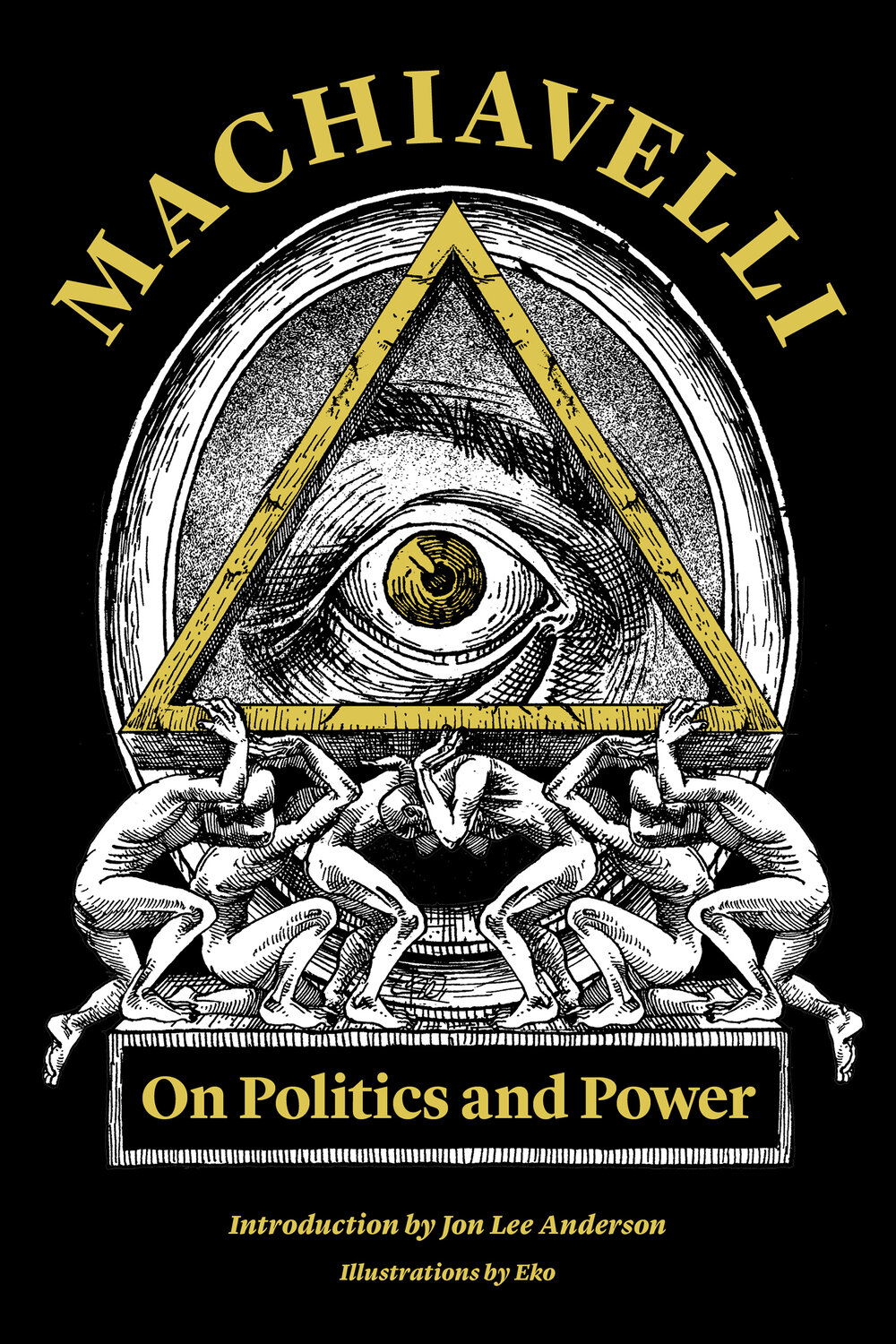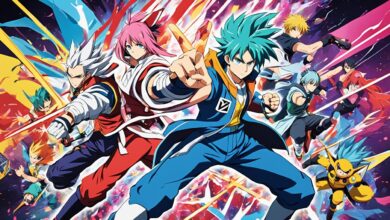Books About Machiavelli: Unveiling Power & Strategy

“**The Prince**” by Niccolò Machiavelli and “**Machiavelli: A Very Short Introduction**” by Quentin Skinner are essential reads on Machiavelli. Delving into the world of Niccolò Machiavelli offers a fascinating glimpse into the mind of a political genius whose ideas still resonate today.
Machiavelli, a diplomat in the Renaissance Florence, penned works that explore power, leadership, and realpolitik. His book, “**The Prince**,” remains a cornerstone in political philosophy, challenging the ethics of governance and the art of war. Quentin Skinner’s introduction provides a concise yet comprehensive overview, making Machiavelli’s concepts accessible to all.
Both books serve as gateways to understanding the complexities of political strategies and human nature. They invite readers to question the morality of leadership decisions, making them timeless contributions to political literature. Through these works, Machiavelli’s legacy continues to influence leaders and thinkers around the globe.

Credit: restlessbooks.org
The Essence Of Machiavellian Thought
Many books delve into the sharp mind of Machiavelli. His ideas still captivate readers.
Historical Context
Niccolò Machiavelli lived in Renaissance Italy. He witnessed political turmoil. His works reflect this era’s complexities.
- Birth: 1469
- Death: 1527
- Occupation: Diplomat, Philosopher, Writer
- Notable Work: The Prince
His experiences shaped his views on power and governance. The Prince is his most famous work.
Core Philosophies
Machiavelli’s ideas often shock and intrigue. He focused on realpolitik over idealism.
| Philosophy | Description |
|---|---|
| Power | Leaders must maintain authority. |
| Deception | Craftiness is a leadership tool. |
| War | It is a means to an end. |
| Virtù | Ability to adapt to change. |
Machiavelli’s thoughts on power dynamics remain relevant. They influence modern political theory.
Key Works By Machiavelli
Explore the mind of a political genius with key works by Machiavelli. His writings changed how leaders think about power. Here are his most influential books.
The Prince
Niccolò Machiavelli’s The Prince remains a pivotal work in political philosophy. Written in 1513, this book offers advice to new princes and rulers. Machiavelli outlines how to maintain power and control.
- Focus on real politics, not ideal scenarios
- Use cunning and strategy for governance
- Ends justify means in statecraft
Discourses On Livy
Discourses on Livy examines the structure of good government. Through the lens of ancient Rome, Machiavelli explores republics. He discusses laws, military, and social norms that sustain them.
- Analysis of Roman history and governance
- Insights into maintaining a republic
- Impact of military on politics
The Art Of War
Machiavelli’s The Art of War is a guide on military success. It’s written as a dialogue. Here, Machiavelli shares thoughts on military organization, tactics, and strategy.
| Topic | Details |
|---|---|
| Military Structure | Builds a strong army |
| Training Techniques | Prepares soldiers for battle |
| Strategic Planning | Ensures victory |
Modern Interpretations
The works of Niccolò Machiavelli continue to spark debates. Modern thinkers explore his ideas. They apply these to today’s political scene. Scholars also look at his impact on leadership. Let’s delve into these modern interpretations.
Political Analysis
Machiavelli’s theories are timeless. His book “The Prince” is still a key text. It provides insight into political power dynamics. Authors dissect these ideas. They relate them to current global politics. New books often compare old and new leadership styles. They use Machiavelli as a reference point.
Recent works analyze democracy and authoritarianism. They use Machiavelli’s principles as a lens. This offers a deeper understanding of today’s political tactics.
Influence On Leadership Studies
Leadership studies have evolved. They now incorporate Machiavellian concepts. Books focus on strategy, control, and realpolitik. They offer guidance for modern leaders.
- Books discuss the balance of fear and love in leadership.
- They address ethical dilemmas leaders face.
- Texts provide insights into maintaining power responsibly.
Authors draw from Machiavelli to inspire current and future leaders. They encourage a blend of traditional and innovative approaches.

Credit: www.amazon.com
Controversial Aspects
Niccolò Machiavelli, a name that stirs intrigue and debate. His works, especially “The Prince,” spark discussions even today. People often find his ideas challenging and debatable. Let’s delve into some controversial aspects of Machiavelli’s books.
Moral Implications
Machiavelli’s views on morality in politics cause stir and fascination. His approach, sometimes seen as ruthless, questions traditional moral codes. Readers debate: Do the ends justify the means? This question keeps his work alive in academic and political discourse.
Key points to consider include:
- Power dynamics and their moral boundaries
- The separation of politics from personal ethics
- Enduring debates on leadership and morality
Misinterpretations
Machiavelli’s ideas often suffer from misinterpretation. Some view “The Prince” as a manual for tyrants. Others argue it’s a satire. These conflicting views shape how we see Machiavelli’s legacy.
| Common Misinterpretation | Possible Intended Meaning |
|---|---|
| Endorsement of cruelty | Pragmatic statecraft |
| Guide for despotism | Critical analysis of power |
Noteworthy points include:
- Varied readings of “The Prince”
- Impact of historical context on interpretation
- Modern applications of Machiavellian principles
In-depth Reviews Of Notable Books
Welcome to our exclusive section: In-depth Reviews of Notable Books.
Today, we delve into the intriguing world of Niccolò Machiavelli. Our focus lies on books that shed light on his life, philosophy, and enduring impact.
Critical Acclaim
We scrutinize each book’s scholarly impact and expert opinion. Awards, praises, and endorsements highlight these works:
- The Prince – A timeless classic, dissected by scholars.
- Machiavelli: His Life and Times – Acclaimed for its thorough research.
- Machiavelli’s Shadow – Noted for its unique perspective.
Reader Reactions
Here, real reader opinions take center stage. We gather insights from various platforms:
| Book Title | Average Rating | Reader Comments |
|---|---|---|
| The Prince | 4.5 stars | Readers admire its relevance today. |
| Machiavelli: His Life and Times | 4.7 stars | Many praise its depth and narrative. |
| Machiavelli’s Shadow | 4.3 stars | Some find it a provocative read. |
Fans and critics alike share their thoughts, ensuring a well-rounded view.

Credit: www.penguinrandomhouse.com
Comparing Perspectives
When exploring the life and theories of Niccolò Machiavelli, perspectives vary widely. Scholars and the public often hold different views on his contributions to political philosophy. Let’s delve into these varying viewpoints.
Academic Views
Academics rigorously analyze Machiavelli’s work. They focus on historical context and language subtleties. Scholars publish detailed critiques. These often appear in journals or academic presses.
Key books from academics provide deep analysis. They explore Machiavelli’s intentions and his works’ impact on politics.
- “The Prince” garners scholarly debate on ethics in leadership.
- “Discourses on Livy” is scrutinized for republican ideas.
Tables of academic citations show Machiavelli’s influence. See how often universities reference his work.
| Work | Citations |
|---|---|
| The Prince | 10,000+ |
| Discourses on Livy | 5,000+ |
Popular Opinions
Many people know Machiavelli through popular culture. His name evokes ideas of cunning and deceit. Bestselling books often simplify his theories.
Readers’ reviews on retail sites show this. They call Machiavelli a master strategist. Some admire his realism, others question his morality.
- “The Prince” is a favorite in business circles.
- People quote Machiavelli on power and success.
Bloggers compare Machiavelli to modern figures. They draw parallels with today’s leaders. Online forums buzz with lively discussions.
Influence On Contemporary Politics
Niccolò Machiavelli, a name synonymous with political cunning, continues to influence modern governance. His ideas transcend time, affecting strategies and ethics in politics today. Let’s explore how Machiavelli’s thoughts shape current political arenas.
Political Strategy
Machiavelli’s teachings on statecraft resonate with present-day political tactics. His work, The Prince, offers insights on power dynamics and leadership. Contemporary politicians often adopt these strategies to navigate complex political landscapes.
- Power Acquisition: Guides leaders on gaining and holding power.
- Public Perception: Emphasizes the image politicians project.
- Realpolitik: Encourages practical rather than moral or ideological goals.
Ethical Debates
Machiavelli’s principles stir discussions on morality in politics. His pragmatic approach to governance raises questions about the means to an end.
| Concept | Impact |
|---|---|
| Ends Justify the Means | Debated in policy-making and legislation. |
| Moral Flexibility | Examined in leadership decisions. |
Further Reading And Resources
Delving into the life and philosophies of Niccolò Machiavelli offers a captivating journey through political thought. To deepen your understanding, explore these biographies and philosophical works.
Biographies
- Machiavelli: A Biography by Miles Unger
- The Prince of Machiavelli: A Life by Ross King
- Machiavelli: His Life and Times by Alexander Lee
Related Philosophical Works
- The Prince by Niccolò Machiavelli
- Discourses on Livy by Niccolò Machiavelli
- The Art of War by Niccolò Machiavelli
Frequently Asked Questions
What Is The Best Book On Machiavelli?
“The Prince” by Niccolò Machiavelli stands out as the best book on his philosophies. This classic offers deep insights into political power dynamics, making it a must-read for understanding Machiavellian concepts. Its timeless advice remains relevant for both political theory and real-world applications.
Is Machiavelli Moral Or Immoral?
Machiavelli’s morality is subjective and debated. Some view his political theories as pragmatic and realistic, while others see them as unethical and ruthless.
What Is The Main Message Of Machiavelli?
Machiavelli’s main message emphasizes the importance of power and pragmatic governance. He suggests leaders must prioritize state stability over morality, using any means necessary. His work underlines the value of cunning and strategic thinking in politics.
What Was Machiavelli’s Ideology?
Machiavelli’s ideology centers on political realism and the effective use of power. He emphasizes that rulers must prioritize the state’s stability and security, often through pragmatic and sometimes unethical means. His thoughts encourage leaders to be adaptable and strategic to maintain authority and achieve political goals.
Conclusion
Exploring Machiavelli’s complex theories through literature deepens our understanding of political philosophy. Whether you’re a student, historian, or curious reader, books about Machiavelli offer invaluable insights. As we close this chapter, remember that the wisdom gleaned from these pages can illuminate modern governance and personal strategy.
Let your journey into Machiavellian thought inspire and challenge your perspectives.




